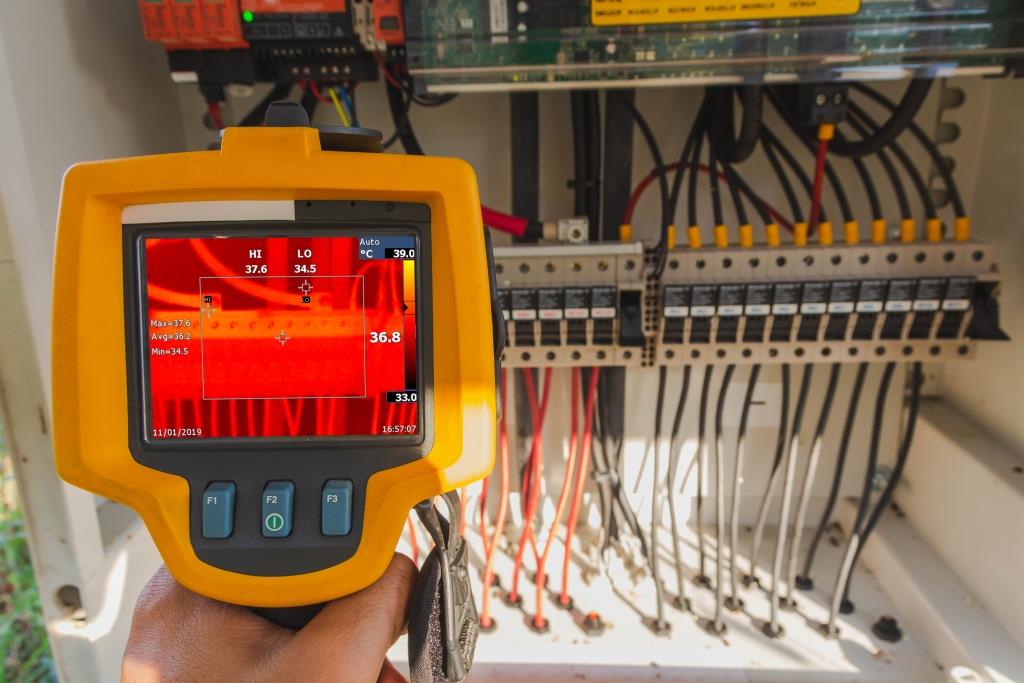Data is what drives the digital economy. With a transition in business agility from physical to digital, data is the most critical asset of any business organization. With its exceeding significance in India, businesses thus realize how important it is to have well-equipped data centres. Data centres meet the stringent demands of storing large amounts of data in a safe environment. It is critical to investigate options for a modernized data centre with both cloud and physical storage capabilities to maintain a competitive advantage.
Every business relies on data storage to function; however, it takes a lot of planning and consideration to develop an IT infrastructure-based data centre. Read on to learn more about how Data centres work in India, why you should invest in one, and how it will change your company’s future.
Decoding the Role of Data centre Security & Management
Whether building a small data centre, or a large cloud hosting platform, it is essential to have a coherent management system. Nowadays, companies focus more on ensuring their data’s safety and privacy by investing in cutting-edge technologies. These include- Artificial Intelligence, blockchain, IoT, Machine Learning, and Big Data Analytics. Hence, the utilization of such massive technologies calls for the growing demands of efficient data centre architecture. As the term “big data” comes into play, there is a considerable shift of focus on data security and management.
With the vast amount of data, the Indian government has spurred the development of data centres to store data locally. Currently, India’s data centre industry and IT capacity utilization are concentrated in four cities: Mumbai, Delhi, Bangalore, and Chennai. According to JLL research 2021, data centre capacity in India is likely to double by 2023. The accelerating growth in data management is of great utility. Moreover, data security enables security from threats, attacks, and unauthorized access to prevent breaches.
From security to scalability, managing data offers plenty of advantages for digital businesses in India. The primary purpose of data centres include:
- Data Storage and Backup: Data centres are an integral part of a company’s digital infrastructure, enabling it to store, process, and protect valuable information. Moreover, the equipment sets up an on-site backup server, which in turn recovers the data at the time of uncertainty.
- Productivity Applications: E-mail management and networking have become convenient for businesses. Data centres provide a framework for automated emails, file sharing and a heavy volume of e-commerce transactions.
- Web Hosting: Data centres influence the functioning of web content offsite, generating backup support and thereby reducing the overall physical footprint. The stored data is accessible to multiple users as per the business requirements.
- Automated Protection: Data centres provide a computerized system for operating and maintaining data across several physical, digital and multi-cloud environments. It has a range of connectivity options, including backup power sources, redundant cooling systems, and controlled access.
- Powering online gaming: The possibilities of technological growth seem endless. Apart from web hosting and video streaming, data centres are utilized for hosting low latency applications such as online gaming.
As digitization moves forward to encompass all aspects of businesses, India’s need for data centres will grow. Furthermore, with the data consumption rate growing exponentially, our macro interest is in innovative technologies for data centres. However, innovation alone is not sufficient. The efficiency of any data centre depends upon the maintenance during its lifetime as much as on an operational level.
Data centre Architecture: Critical Components
Data centres have their roots in the computer rooms of the early ages of the computing industry. The large-scale computing systems are used to gather around centralized mainframes in rooms with raised floors to reduce cable congestion and increase cooling capacity. Likewise, India’s data centres are evolving with the growing reliance on digital technology, IoT-connected devices, and cloud adoption.
Essentially, a data centre is used to house computer systems and associated components, such as telecommunication, solar and other storage systems. Moreover, it generally includes redundant or backup power supplies, data communications connections, environmental controls (e.g., air conditioning, fire suppression), and various security devices. The crucial components of data centres in India include:
- Air-Cooling Equipment: This data centre component protects assets by real-time monitoring of relative humidity and temperature. It takes readings of the environment and air pressure and proper temperature at all times. This, in turn, curbs the hot spots or varying temperatures within the facility.
- Server Racks: The physical support in each data centre is provided by an advanced shelf or server racks. It houses the necessary equipment, including servers, routers, switches, telephone equipment, and much more. This ensures data security and enables smooth operations of a business.
- Electrical Power Equipment: Business continuity can only be maintained by having a regulated power system. Power surges or interruptions often lead to extensive downtime and real-time business loss. Therefore, data centres must have battery banks and regulated power systems to prevent single points of failure.
- Cable Management Supplies: Cable trays help organize cables and prevent them from obstructing access and viewing the device’s front. Additionally, properly organized wiring can also prevent damage, thereby extending the life of the cable.
- Fire Suppression & Security: While heat is a significant concern for the valuable assets of any business organization, suppression systems prevent fire during faults. As a result, valuable assets are protected against fire hazards with proper fire suppression and security equipment.
Businesses in India must extensively secure data centres against hazards such as extreme temperatures, fire, electrical faults, surges, etc. Given the benefits of these components, it is imperative to keep the system and equipment up-to-date and must be maintained or replaced every 3-5 years. However, some of these components need regular inspections that require daily, weekly, and monthly check-ins.
Delivering Data centre Solutions at VNT
The efficiency of any data centre seeks efficient installation and maintenance after. With VNT at your service, we install and maintain network resources, ensure data centre security, and monitor systems that take care of power and cooling. Similarly, our services comply with organizational standards and certifications for data centre operations.
Regardless of the data center’s size, our team of professional engineers and technicians work closely with businesses to ensure existing equipment’s safety, availability, and performance. We ensure data management and control over physical access and environmental systems that house critical data systems and hardware. Consequently, we provide compactly designed and automated fire suppression systems and other telecommunication solutions working with specific business requirements.
Abiding by international standards, our fire safety and power systems act robustly, helping businesses focus on core management activities. At VNT, we are committed to enabling efficient, reliable and high-performance solutions using best practices to maintain the potential of a data centre. Considering the maintenance of the physical infrastructure, we detect and defend any vulnerabilities of your equipment beforehand.
To transform your business digitally by achieving seamless business operations and comprehensive solutions, contact us.










